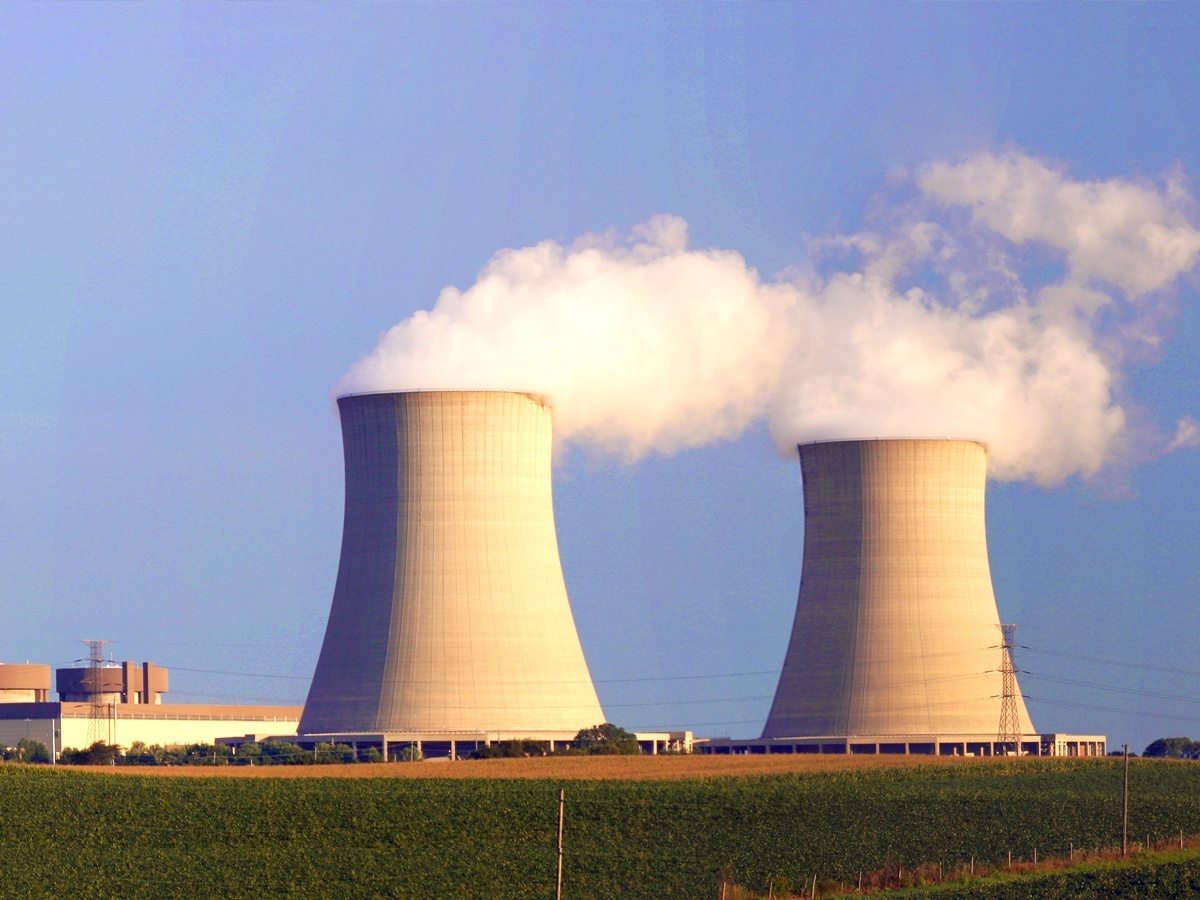Project Description
Powering a New Vision for Fission
Millstone Nuclear Station
Background
When Leon “Lee” Olivier was appointed Chief Nuclear Officer at Millstone in 1998, recent deregulation in the nuclear portfolio_category created extensive competition, with consumer prices at record lows. Olivier recognized that if Millstone was to remain competitive, the station would need to improve the reliability and quality of its product. At full capacity, Millstone employed nearly 4,000 technicians, engineers and power plant workers. With only one-third of the station functional at that time, Olivier decided to continue to operate at full staff levels. Change in employee effectiveness was urgent. Employment was at risk. To bring the station back online – with shutdown lows threatening closure – teamwork and productivity improvement were going to be essential.
Solution
Partnering with The Pacific Institute, Millstone Nuclear developed Focus 2000, a booklet distributed to all team members focusing on areas to improve and realign culturally.
“We wanted to grow into a top-rated organization,” Olivier said of his vision for Millstone. “The only way to do that was [for our employees] to grow individually.” Olivier started by putting 150 managers through team leadership training with The Pacific Institute. Olivier’s appreciation of The Pacific Institute’s Imagine 21® curriculum focused on the values of developing individual responsibility, teamwork and the creation of a unified vision.
By the beginning of 2000, the Imagine 21® program, which was used initially for management training, was opened to all employees on a voluntary basis. After endorsement and evident change in the managerial team, over 90% of the staff enrolled in the curriculum.“The environment we wanted to create was one of collaboration and inclusion,” Olivier recalled, “After our people went through The Pacific Institute curriculum, they were very open [to collaboration]. By using cross-functional teams, we started to generate breakthrough performance… we were able to show people that we had limitless growth potential.”
Outcome
Millstone intended to be an portfolio_category leader through a set of values and goals in safety, capacity, cost and work environment. Founded on ambitious culture change and productivity goals developed by managers and staff, Olivier challenged his staff to become the “Best of the Best.”
According to Olivier, by focusing on these ideals to achieve their cultural and productivity goals, the managers and employees created an environment of excellence where each individual was boosted by the entire network. By the time Dominion Nuclear Connecticut geared up to make its bid for the station, Millstone was achieving its stretch goals faster than scheduled. After the buy-out, Dominion saw Millstone’s work with The Pacific Institute as a valuable component to the station’s growth. Within 18 months, nearly 10,000 employees between Dominion and Northeast Utilities were offered Imagine 21® training.
As a result of this culture shift, Millstone’s management and production costs were dramatically reduced without sacrificing any of its staff. Net earnings reached $86 million for 2001, exceeding the organization’s goal by more than $50 million. According to Olivier, the accident rate – the primary reason behind the shutdown in 1996 – “was kept to two-thirds of the already ambitious goal.”
“The Pacific Institute curriculum has been one of the launch pads that has enabled us to achieve success that was, quite frankly, beyond anyone’s imagination.Nobody can tell me we could have accomplished all that we did using just conventional management techniques,” Olivier said. “We ended up making performance breakthroughs, and The Pacific Institute played a big role in making it happen.”






